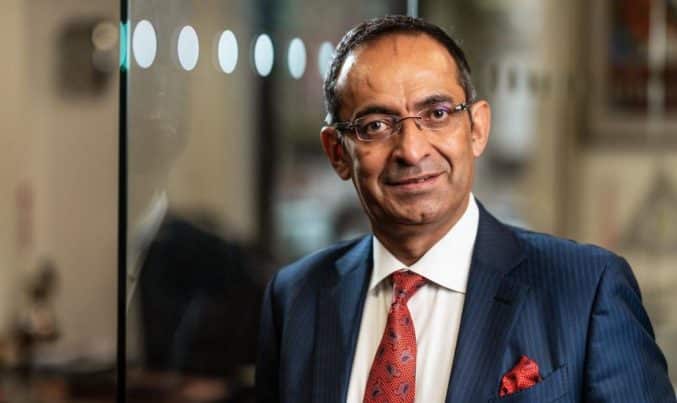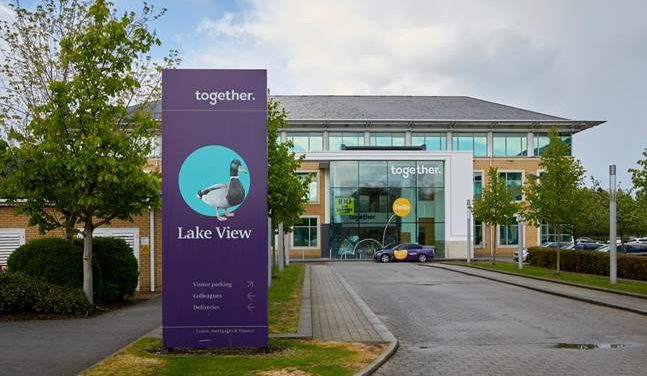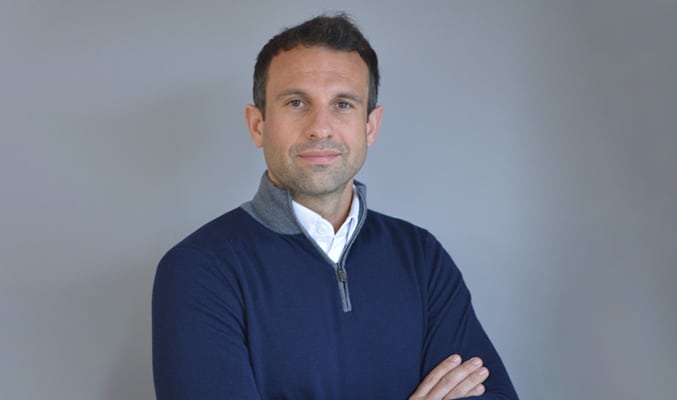‘I find it very motivating to see inspirational leaders that I can relate to’
By Tony Sanchez

In our latest Women in Finance Interview, Tony Sanchez speaks to Krisha Karunananthan, Underwriter at Funding 365.
Krisha is 23 years old. She graduated in 2019 from City University with a 1:1 in Maths and joined Funding 365’s graduate scheme as an Underwriter in Autumn 2019.
What brought you into financial services?
I left university with a 1st in Maths, but I knew that I wanted to do something a little more analytical and creative as a career. That’s why I was drawn to the role of underwriting and Funding 365.
What do you think makes a successful leader? And in particular women leaders?
A successful leader values their team, treats them as individuals and appreciates the different perspectives that they bring to the company.
A great leader has worked hard to get where they are and is able to inspire those coming up below them.
Women leaders and leaders of colour in particular would have overcome extra hurdles along the way. Personally, I find it very motivating to see inspirational leaders that I can relate to.
What are the biggest barriers you have faced in your career in financial services?
I have previously worked in a company where my gender and skin colour were a point of note, which made the atmosphere tense.
Funding 365 is my first full-time job in financial services and there are no barriers internally. Very occasionally a broker has asked to speak to one of the male underwriters instead of me.
Hopefully these occasional comments will disappear as the industry becomes more and more inclusive.
If you could tell your younger self one thing you know about business now, what would it be?
That there are so many career options! You get told about accountancy, banking and so on, but bridging finance wasn’t even something that I had heard of until I started looking at job specs.
What’s your own personal mantra?
‘There’s a solution to every problem.’ Maybe that’s my maths brain talking, but it’s easy to get confused and then stressed out by a problem.
Take a step back or look at the problem from a different perspective – there’s no issue that can’t be solved.
What do you think is key for finding a successful work-life balance?
Organisation and prioritisation. Also, working at a company that genuinely sees the importance in their team having a good work-life balance is key.
Without encouraging a life outside of work, you will never get 100% from anyone in a workplace.
Do you think there is still a glass ceiling?
There’s no glass ceiling in Funding 365 and that’s something I am truly grateful for. You don’t have to look far, sadly, to see that it certainly still appears to exist in big institutions and other sectors.
What are your thoughts on the Women in Finance Charter?
It’s disappointing that we need it. However, encouraging more women into finance and ensuring that they are not over-looked in their career path because of their gender can only be a good thing.
It would be great to see initiatives to support other under-represented groups, including people of colour. In our industry there is an ethnic disparity that is not spoken about enough.
How do we encourage more women into financial services?
This needs to start early, with more focus on encouraging girls to pursue their interests in STEM subjects.
Subjects such as maths are still often perceived as more suited to men, and less than a third of my university course mates were female.
The finance industry is perceived to be a lot tougher for any minority groups, so celebrating the achievements of lots of different women will help to dispel the myth that you have to change the way you are to fit in.
This should encourage more diverse, brilliant women to choose it for their own career.
The gender pay gap is only second worst to the construction industry. What can organisations do to address this?
This is a huge question and conversation addressing it is often uncomfortable.
The biggest challenge is making sure that women are not excluded from the same opportunities to progress as men, for any reason.
More honest and open conversation should be had between women and HR to ensure that they are happy with their pay / treatment and overall work life, without any judgements.
Often, the stagnating point for women’s careers is the point at which they have children, so it would be great if some positives came out of the pandemic in our wider society, with more opportunities for flexible working practices and a greater sharing of domestic responsibilities.










You must be logged in to post a comment.